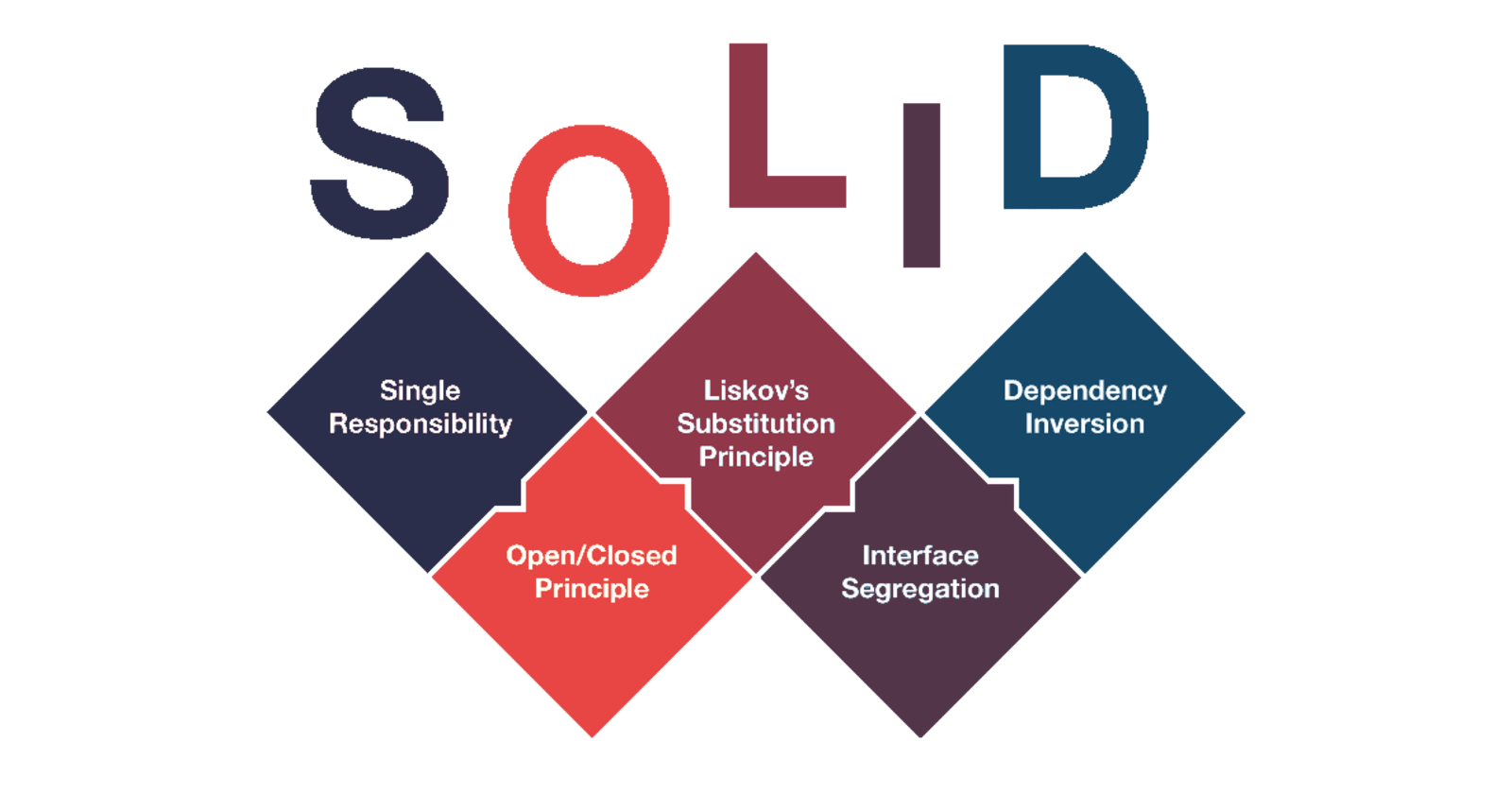Table of contents
Introduction
When it comes to object-oriented programming, SOLID principles are akin to a chef’s recipe for creating delightful, well-structured code dishes. In Python, with its emphasis on readability and simplicity, these principles find a natural ally. This article takes you through an in-depth exploration of each SOLID principle, armed with detailed Python examples to transform these abstract concepts into tangible, practical coding practices.
Single Responsibility Principle (SRP)
The Single Responsibility Principle, much like a specialist in a field, dictates that a class should have one and only one job. It's about keeping a class focused on a singular concern, thereby making it robust, understandable, and maintainable.
Example:
Consider a class named EmailHandler that composes and sends emails. According to SRP, composing and sending are two distinct responsibilities and should be handled by separate classes.
class EmailComposer:
def compose_email(self, content):
# Composes email
return f"Email: {content}"
class EmailSender:
def send_email(self, email_content):
# Sends email
print(f"Sending email: {email_content}")
Open/Closed Principle (OCP)
The Open/Closed Principle advocates that classes should be open for extension but closed for modification. It's like building an expandable house where new rooms can be added without altering the existing structure.
Example:
Imagine a DiscountCalculator class for an e-commerce platform. OCP suggests we design our class to allow adding new discount types without modifying existing code.
class DiscountCalculator:
def calculate(self, amount, discount_type):
if discount_type == "seasonal":
return amount * 0.8
elif discount_type == "loyalty":
return amount * 0.7
# More discount types can be added here
# Extending without modifying
class FestiveDiscountCalculator(DiscountCalculator):
def calculate(self, amount, discount_type):
if discount_type == "festive":
return amount * 0.6
return super().calculate(amount, discount_type)
Liskov Substitution Principle (LSP)
LSP ensures substitutability, where instances of a parent class can be replaced with instances of its subclasses without altering the program’s correctness. It's like having different types of chargers for your devices, all interchangeable and working perfectly.
Elaborated Example:
Let's refine our Bird class. To comply with LSP, subclasses should not override the base class's methods in a way that breaks their functionality.
class Bird:
def fly(self):
return "Flying"
class Eagle(Bird):
def fly(self):
return "Eagle soaring high"
class Penguin(Bird):
def fly(self):
return "Penguins can't fly!"
In this scenario, Penguin’s fly method breaks LSP. A solution is to have a separate class hierarchy for flight-capable and flightless birds.
Interface Segregation Principle (ISP)
ISP is about creating lean interfaces so that the implementing classes don't get burdened with methods they don't need. It's like ordering à la carte in a restaurant, choosing only the dishes you like.
Example:
In a vehicle control system, instead of one monolithic Vehicle interface, we have specific interfaces for different types of controls.
class EngineControl:
def start_engine(self):
pass
def shut_down_engine(self):
pass
class SteeringControl:
def turn_left(self):
pass
def turn_right(self):
pass
class Car(EngineControl, SteeringControl):
# Car implements both engine and steering controls
Dependency Inversion Principle (DIP)
DIP is about decoupling high-level modules from low-level modules by introducing an abstraction layer. It's like using a universal remote control, capable of interfacing with multiple devices.
Example:
Consider a logging system. Instead of high-level components directly depending on low-level logging mechanisms, both should depend on abstractions.
class Logger:
def log(self, message):
pass
class FileLogger(Logger):
def log(self, message):
# Log message to a file
class Application:
def __init__(self, logger: Logger):
self.logger = logger
def do_something(self):
self.logger.log("Something happened")
Okay But Why?
Enhanced Maintainability
Imagine working on a Python project that's akin to a well-organized library. Each book (class) is where it should be, and each chapter (method) focuses on a specific topic. This is what SOLID principles bring to the table – an organized, maintainable codebase. By adhering to these principles, developers create a structure where each class has a clearly defined purpose, making the code easier to navigate, understand, and maintain.
Improved Scalability
Scalability in software development is like building with Lego bricks. With SOLID principles, each brick (component) can be added or replaced without the risk of toppling the entire structure. This modular approach allows for easy adaptation and growth of the application, accommodating new requirements with minimal impact on the existing system.
Reduced Coupling and Increased Cohesion
Coupling and cohesion are the yin and yang of software development. Coupling refers to the interdependencies between modules, while cohesion is about the relatedness of functionalities within a module. SOLID principles promote low coupling and high cohesion. Low coupling makes the system components more independent and interchangeable, while high cohesion ensures that each component is focused and purposeful.
Easier Debugging and Testing
With SOLID principles, debugging and testing become less of a headache. When each class has a single responsibility, it's easier to pinpoint where issues might arise. Moreover, since components are loosely coupled, unit testing becomes more straightforward. You can test each part in isolation, ensuring that each piece of your Python puzzle fits perfectly.
Facilitated Collaboration and Code Reusability
In a team environment, SOLID principles act as a common language, ensuring that everyone is on the same page. When code is structured and predictable, it's easier for new team members to jump in. Additionally, well-designed, modular components encourage code reusability. Instead of reinventing the wheel, developers can leverage existing, SOLID-compliant components across different projects.
Conclusion
Embracing SOLID principles in Python leads to creating software that is easier to maintain, scale, and extend. Each principle offers a unique perspective, focusing on specific aspects of software design that, when combined, provide a holistic approach to crafting effective, efficient, and robust solutions. As Python developers, incorporating these principles into our coding practices elevates the quality of our work, ensuring our codebase remains both agile and resilient in the face of change.

